Our Values
Accessability
Proactively designing our spaces, institutions, and educatioanal approaches to meet a diverse set of accessibility needs and being open to learning and adapting new ways of doing things is the best way to make space accessible to everyone.
Proactively designing our spaces, institutions, and educatioanal approaches to meet a diverse set of accessibility needs and being open to learning and adapting new ways of doing things is the best way to make space accessible to everyone.
Community Care
We are all interconnected and all the children are ours. We build the world that we wish to give to all our children. We care for the land, animals, plants, waterways and each other.
Our public health policy using layers of protection is a central part of our commitment to community care.
We are all interconnected and all the children are ours. We build the world that we wish to give to all our children. We care for the land, animals, plants, waterways and each other.
Our public health policy using layers of protection is a central part of our commitment to community care.
Land Stewardship
We are on unceded native land of the Massachusett tribe. We all have a responsibility to tend to this land, as we learn its history and teach our children to support native sovereignty. We are part of our environment, just as “natural elements” - trees, mountains, bodies of water, and animals are. It is our duty to learn to care for and be with nature.
We are on unceded native land of the Massachusett tribe. We all have a responsibility to tend to this land, as we learn its history and teach our children to support native sovereignty. We are part of our environment, just as “natural elements” - trees, mountains, bodies of water, and animals are. It is our duty to learn to care for and be with nature.
Our Mission
By centering our core principles of accessibility, land stewardship, and community care, we provide children with a high-quality education that nurtures the mind, body, and spirit through engagement with nature and the outdoor world. We foster care and stewardship for the land, our community, and each other while ensuring that the chance to convene with nature is accessible to all.A Research Based Approach
Abundant research shows that learning outdoors not only supports diverse learners such as those with attention and focus difficulties, but that establishing a strong relationship to nature encourages resiliency, focus, regulation among people of all ages. But as importantly, we believe that developing a relationship to the forest, becoming stewards of the land, from a young age, is an essential response to our rapidly changing climate and world. As young conservationists and land stewards, children in our program learn to read, write, and think critically, to tackle math and science in hands-on and practical applications in the Forest, making those skill sets both more enjoyable and less intimidating. Movement is naturally built into the day. And while the Forest offers distinct challenges from a traditional classroom, persisting in our learning amid challenges builds resilience, cognitive vibrancy and collaborative problem solving. Following our school’s principles of land stewardship, community care and accessibility allows for the unique opportunity for children to learn civic responsibility, reciprocity, to respect all beings, and the understanding of a broader ecosocial contract.
Instructional Philosophy & Focus
Montessori meets Forest School meets Accessibility Pedagogies
Montessori is an education philosophy and practice that fosters rigorous, self-motivated growth for children and adolescents in all areas of their development, with a goal of nurturing each child's natural desire for knowledge, understanding, and respect. Each child has an individual education plan, allowing the teacher, and child, to assess and adjust progress throughout the year. Most lessons are given one-on-one, and in small groups and this enables each child to progress at their own pace and level of ability, eventually reaching the point where they can teach each other.
Montessori materials incorporate the child’s senses in the learning process.Thus, materials in the classroom are for manipulating. This nurtures the direct hand-to-brain connection in the young child. Children in a Montessori classroom gain independence and develop responsibility toward themselves and their environment. A Montessori child is a well-rounded individual whose social skills are nurtured along with their academic skills. Children in a Montessori school enjoy the freedom to learn in a friendly, peaceful environment.
Based primarily outdoors year-round, Forest Schools encourage children’s connection to nature and land stewardship from a young age, foster problem-solving skills, and encourage children to take supported risks. Forest Schools connect curriculum to children’s experience in the forest with broader experiences at home and in the community, scaffolding learning within a holistic connection to the world.
Opportunities for applied understanding of math, literacy, natural and physical sciences abound in the forest, as does the change for collaborative problem solving and leadership skills development.The Forest environment is intrinsically beautiful, quiet, and peaceful – with innumerable sensory and educational opportunities that are not available in an indoor classroom setting.
As a school committed to accessibility, we bring the best of evidence-based research about accessible learning methods to a Montessori-Forest Classroom. We understand that every person has “access needs” and distinct ways of best processing and mastering skills and information. In order to robustly meet each individual child’s learning needs, allowing them to thrive, we incorporate a combination of educational approaches for all children, including:
- Diagnostic Assessments in Math and ELA for each child at the start of the school year, and quarterly.
- Individualized learning plans for each child.
- Observation and portfolio based assessment methods for evaluating student level and progress
